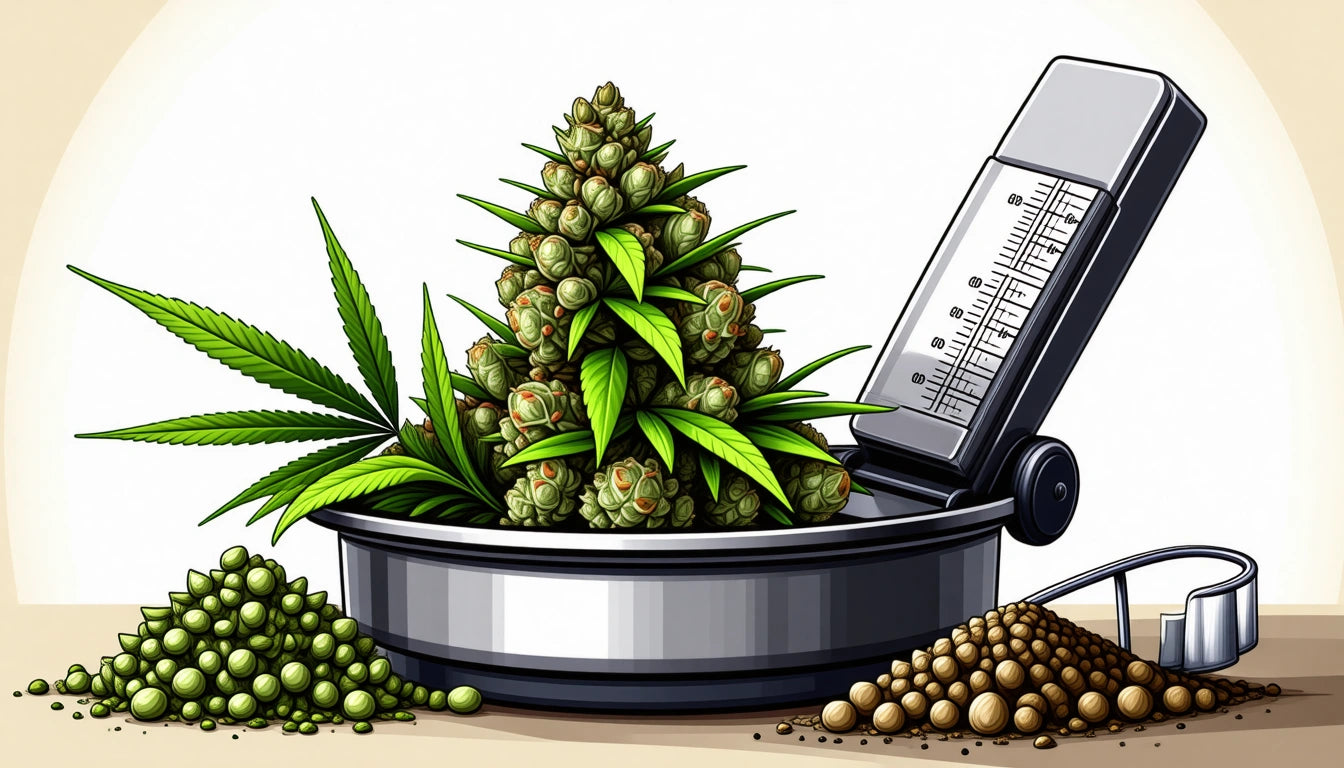Table of Contents
- Defining Chronic Smoking: What Does Smoking Chronic Mean?
- Characteristics of a Chronic Smoker: Patterns and Behaviors
- Health Implications of Long-Term Marijuana Use
- Chronic vs. Moderate Use: Understanding the Spectrum
- Industry Perspective: Quality Control in Cannabis Production
- Practical Considerations for Regular Cannabis Users
Understanding Chronic Smoking: Definition and Implications
The term "chronic smoking" has specific connotations in cannabis culture that differ from its medical usage in other contexts. Understanding what smoking chronic means requires exploring both the terminology and the patterns of use that define a chronic smoker. This comprehensive guide examines the definition, implications, and considerations surrounding chronic cannabis use.
Defining Chronic Smoking: What Does Smoking Chronic Mean?
When asking "what is smoking chronic," it's important to recognize the dual meaning of the term. In cannabis culture, "chronic" can refer to high-quality marijuana, originating from West Coast slang popularized in the 1990s. However, "chronic smoking" also describes a pattern of regular, heavy, and long-term cannabis consumption.
According to definitions of chronic marijuana use, a chronic smoker typically consumes cannabis daily or nearly daily over an extended period, often months or years. This differs significantly from occasional or recreational use patterns.
Characteristics of a Chronic Smoker: Patterns and Behaviors
What is a chronic smoker? Several behavioral patterns typically characterize chronic cannabis users:
- Daily or near-daily consumption
- Multiple consumption sessions throughout the day
- Developing tolerance requiring increased consumption
- Experiencing withdrawal symptoms when not using
- Cannabis use becoming a central activity in daily life
- Continued use despite negative consequences
These patterns align with what addiction specialists consider problematic use, though not all chronic smokers develop cannabis use disorder.
Frequency vs. Quantity
When examining what smoking chronic means in practice, frequency of use often matters more than quantity consumed in each session. A person who consumes small amounts daily may still be considered a chronic user, while someone who uses larger amounts but only occasionally would not.
Health Implications of Long-Term Marijuana Use
Understanding the implications of chronic cannabis consumption involves examining potential physical and psychological effects:
Respiratory Considerations
While cannabis smoke differs from tobacco smoke in composition, chronic smoking can still impact respiratory health. Many users seeking to mitigate these effects turn to alternative consumption methods like vaporization or edibles.
Cognitive Effects
Research suggests potential impacts on memory, attention, and executive function with long-term, heavy use, particularly when beginning in adolescence. However, the degree and permanence of these effects remain subjects of ongoing research.
Chronic vs. Moderate Use: Understanding the Spectrum
What distinguishes a chronic smoker from a moderate user? The distinction involves both quantitative and qualitative factors:
- Frequency: Daily/near-daily vs. occasional use
- Motivation: Habitual use vs. situational consumption
- Impact: Degree of interference with daily functioning
- Control: Ability to regulate or abstain when desired
Many consumers fall somewhere on a spectrum between occasional and chronic use, with patterns that may shift over time based on life circumstances, health considerations, and personal choices.
Industry Perspective: Quality Control in Cannabis Production
For cannabis producers and retailers, understanding consumption patterns helps inform product development and educational approaches. Quality control becomes particularly important for products aimed at regular consumers who may be more discerning about consistency and potency.
Modern cannabis production facilities utilize specialized filling and packaging equipment to ensure precise dosing and product consistency, which is especially important for medical patients and regular consumers who rely on predictable effects.
Practical Considerations for Regular Cannabis Users
For those who identify with chronic consumption patterns, several practical considerations may help mitigate potential downsides:
Tolerance Management
Regular cannabis users often develop tolerance, requiring more product to achieve the same effects. Scheduled tolerance breaks can help reset sensitivity to THC and potentially reduce overall consumption.
Consumption Method Diversification
Alternating between smoking, vaporizing, and non-inhalation methods can reduce respiratory exposure while potentially offering different effect profiles and onset times.
Mindful Consumption
Developing awareness around triggers, patterns, and effects can help users maintain a healthier relationship with cannabis, even with regular use. This might include tracking consumption, setting intentions before use, or establishing personal guidelines around timing and context.
Product Selection
Choosing products with specific cannabinoid and terpene profiles aligned with desired effects can help chronic users achieve benefits while potentially minimizing unwanted side effects.
Future Research Directions and Evolving Perspectives
As cannabis legalization expands globally, research into chronic use patterns and their implications continues to evolve. Future studies will likely provide more nuanced understanding of how different consumption patterns affect various populations and how factors like product type, potency, and individual biology influence outcomes.
The conversation around what constitutes problematic use versus beneficial therapeutic use is also evolving, moving beyond simple frequency metrics toward more holistic assessments of functionality, quality of life, and individual health outcomes.
Understanding what smoking chronic means and what defines a chronic smoker will continue to be refined as both scientific knowledge and cultural perspectives on cannabis develop in this rapidly changing landscape.











Leave a comment
All comments are moderated before being published.
This site is protected by hCaptcha and the hCaptcha Privacy Policy and Terms of Service apply.